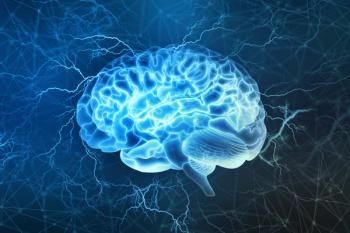
Teens’ sleep deprivation could affect brain development
Most US teenagers are sleep deprived-nearly 70% do not get 8 or more hours of sleep a night. Now, new research suggests that the implications of that may be more significant than simply parents being kept awake by late-night tapping on mobile phones or even by groggy teens nodding off in class. What did a study in mice find out about how short-term sleep restriction can affect the balance between growth and depletion of brain synapses?
Most US teenagers are sleep deprived-nearly 70% do not get 8 or more hours of sleep a night, according to the
New research suggests that the implications of that are more significant than simply parents being kept awake by late-night tapping on mobile phones or even by groggy teens nodding off in class.
A
"One possible implication of our study is that if you lose too much sleep during adolescence, especially chronically, there may be lasting consequences in terms of the wiring of the brain," according to investigator
Researchers sought to determine how the developing adolescent brain was affected by disruptions in the sleep-wake cycle. Adolescent mice were either spontaneously awake, allowed to sleep, or forced to stay awake for 8 to 10 hours. Researchers counted dendritic spines, which contain synapses that allow brain cells to receive impulses from other brain cells. They found that the overall density of dendritic spines fell during sleep and rose during spontaneous or forced wakefulness.
“These results using acute manipulations of just 8 to 10 hours show that the time spent asleep or awake affects how many synapses are being formed or removed in the adolescent brain," Cirelli said. "The important next question is what happens with chronic sleep restriction, a condition that many adolescents are often experiencing."
It is unclear what further research will show, but there is the potential for “lasting consequences for brain maturation and functioning,” she said.
Studies of adolescent brain development are increasingly important, not only because mental illnesses such as schizophrenia often begin during the teenage years but also because research is suggesting that the brain is still growing rapidly at that point and doesn’t finish the process until young adulthood.
Canadian researchers from the University of Alberta found that, contrary to common wisdom, the human brain does not stop developing in adolescence but continues into the 20s.
That
Newsletter
Access practical, evidence-based guidance to support better care for our youngest patients. Join our email list for the latest clinical updates.








